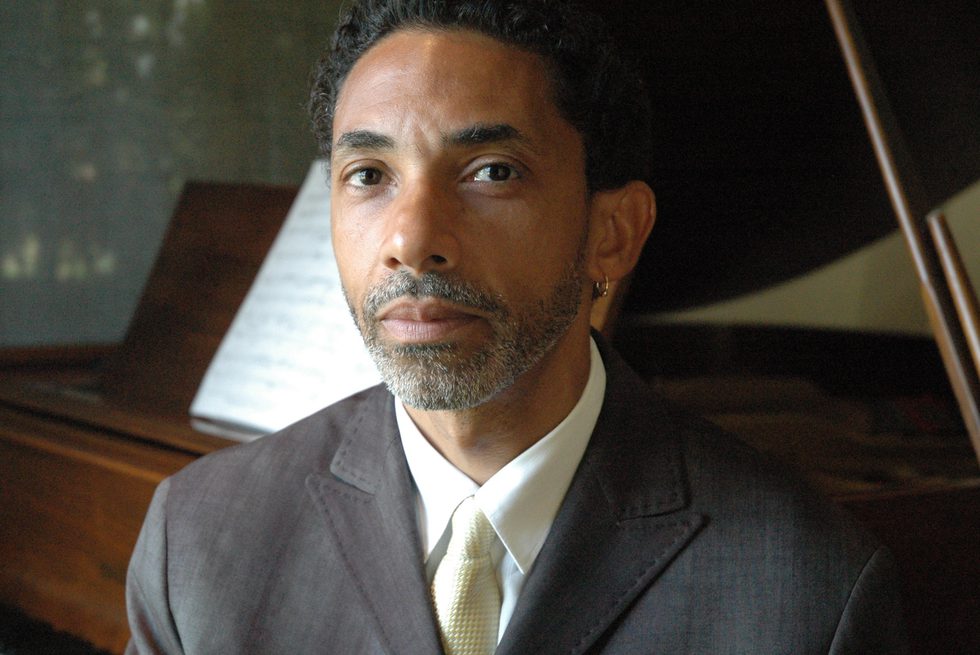Bending the Arc
From the Series: Forum: Culture at Large 2018 with Robin Kelley
From the Series: Forum: Culture at Large 2018 with Robin Kelley

I struggle to find anything to say about the 2018 Culture at Large session that isn’t superfluous. Really, if you’re reading this, you should stop and go listen to the recording. Aside from taking in the energy of Robin Kelley’s lecture and the subsequent discussion, the discussants assembled a bibliography like a collaborative playlist—full of big hits and lesser-known gems. My already substantial “to read” list doubled in size in the course of a couple of hours.
Among the hits invoked was Walter Benjamin’s (2006, 392) essay “On the Concept of History,” in which Benjamin wrote: “The tradition of the oppressed teaches us that the ‘state of emergency’ in which we live is not the exception but the rule. . . . It is our task to bring about a real state of emergency, and this will improve our position in the struggle against fascism.” Kelley prompted us to ask: For whom does our current fascist regime constitute a new state of emergency? Which communities recognize that this has been going on? He noted that the fictions underlying the current state of affairs have to be “shored up,” not for the communities of color being terrorized, but for those communities who benefit from the terror.
While we may not all be subject to the crises impacting the oppressed, Kelley suggested that it is the responsibility of all of us to take up the work of creating a real state of emergency, per Benjamin. Rather than allowing emergency to cause us to become hopeless, which Antonio Gramsci (1978, 213) argued results in “political passivity, intellectual slumber, skepticism about the future,” Kelley urged us to adopt a revolutionary pessimism: “You engage in struggle now to bend that arc toward more than justice, but true emancipation, as fast as possible. Otherwise we will be destroyed.”
So how do we bring about the real state of emergency as anthropologists? What are the tasks associated with the practice of revolutionary pessimism? It seems no longer acceptable to simply say, “we’re bringing awareness to the problem.” The scholars in this session showed us a path we can take that ties together research and movement work. Without harboring delusions about the radical possibilities of work within academic institutions, Kelley argued that we “can’t divorce critical analysis from social movements.” And, as Kelley noted, we can’t wait for “objective conditions of revolution.” We can’t wait for the arc to bend; we have to bend it. Nothing is inevitable, but everything is possible.
Benjamin, Walter. 2006. “On the Concept of History.” In Selected Writings 4: 1938–1940, edited by Howard Eiland and Michael W. Jennings, 389–411. Cambridge, Mass.: Harvard University Press. Originally published in 1940.
Gramsci, Antonio. 1978. “Against Pessimism.” In Selected Political Writings, 1921–1926, edited by Quintin Hoare, 213–17. New York: International House. Originally published in 1924.